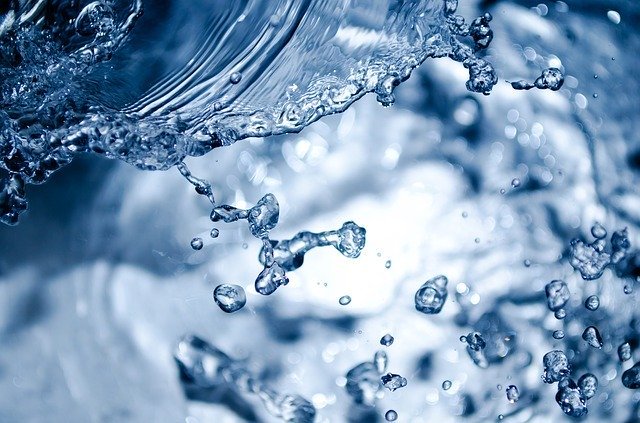
In a new study, researchers found that sex hormones and age play a role in dehydration differences in men and women.
Older males may have weaker thirst perception, higher dehydration risk.
The research was conducted by a team at the University of São Paolo.
As people age, physiological responses that protect them against becoming dehydrated are weakened.
The kidneys’ ability to concentrate urine is reduced in older people, which increases the risk of dehydration. Dehydration may also lead to low blood volume in some cases.
Biological sex also seems to play a role in the balance of water and minerals in the body.
Studies have shown that older men have higher levels of sodium and other minerals in the blood (osmolality) and more arginine vasopressin (AVP)—a hormone that controls water balance—than younger men.
Higher osmolality together with the presence of angiotensin II—a hormone that stimulates the nervous system—in the blood typically induces thirst.
However, older men have also been found to have a weaker perception of thirst than their younger counterparts, causing them to drink less water.
In women, estrogen has been found to increase the amount of AVP produced by the body, which combats dehydration by reabsorbing water back into circulation.
Previous research indicates that women show more thirst responses than men.
In a new study, the researchers examined four groups of rats. Two groups consisted of male and female young adults, respectively.
The other groups, also divided into males and females, were older, roughly the equivalent of people in their 60s. All animals had free access to food but were restricted from water for 48 hours.
The research team offered water to the rats for an hour after the period of water restriction and evaluated their thirst response every 20 minutes.
After rehydration, the rats were offered a saltwater solution. The researchers analyzed the amount of saltwater the animals drank every 20 minutes and recorded their blood hormone levels.
The older rats of both sexes drank less water and less saltwater than the younger groups.
This change is associated with a decrease in the amount of angiotensin II in the blood, sensitivity to angiotensin II and expression of the angiotensin II receptor in older animals.
On the other hand, both age groups showed differences by sex in fluid intake.
Older and younger females drank more water than males of the same age.
These differences were possibly caused by changes in blood hormone concentrations, which eliminated the sex differences found in adulthood and replaced them with new differences in old age.
The team says the differences in blood concentration between the young and old groups suggest that with aging, body mechanisms that counteract the stimulation of dehydration may be activated.
The study is published in the American Journal of Physiology-Regulatory, Integrative and Comparative Physiology.
Copyright © 2020 Knowridge Science Report. All rights reserved.



